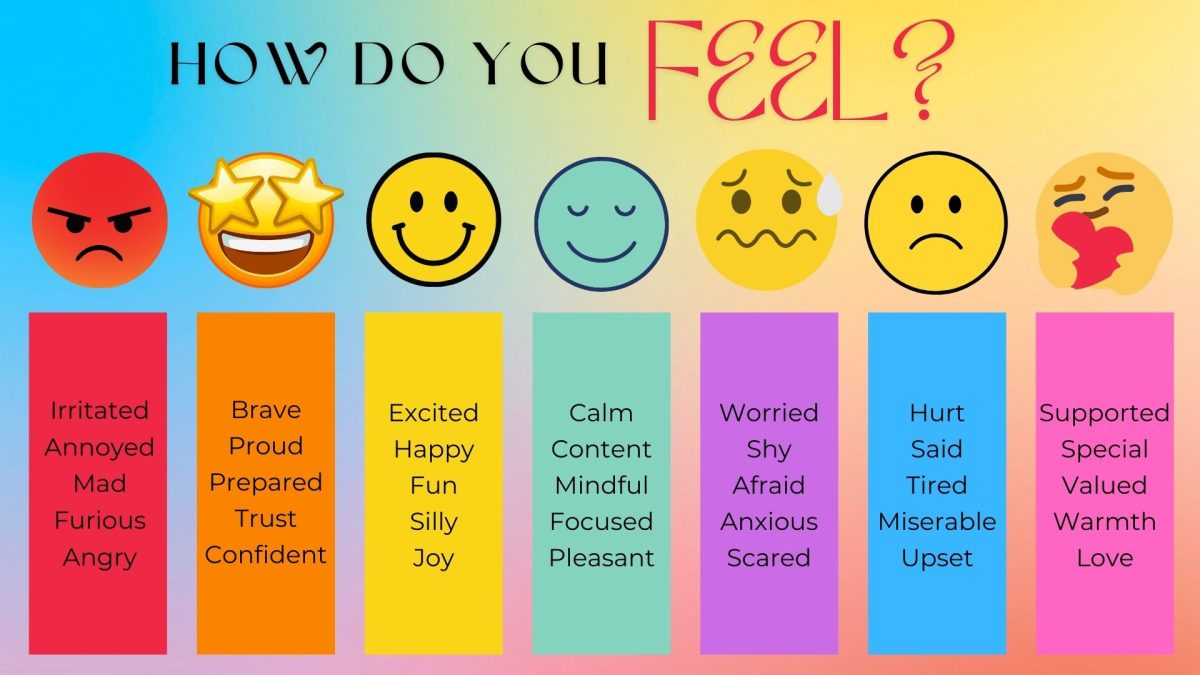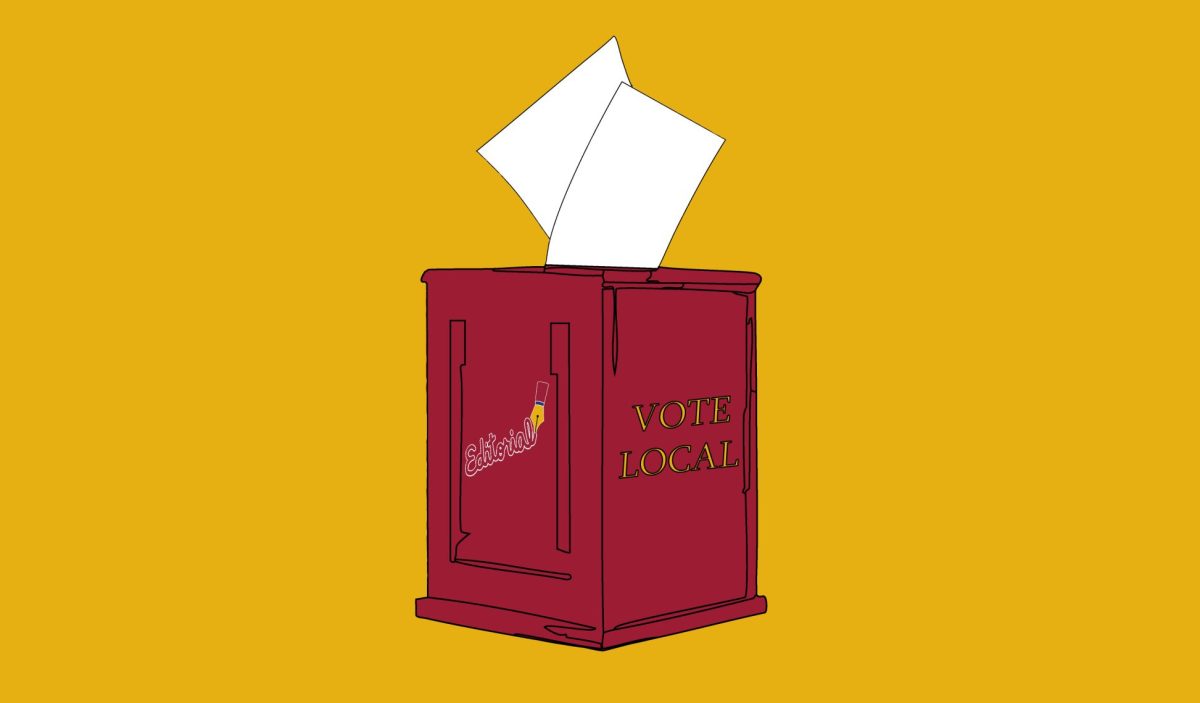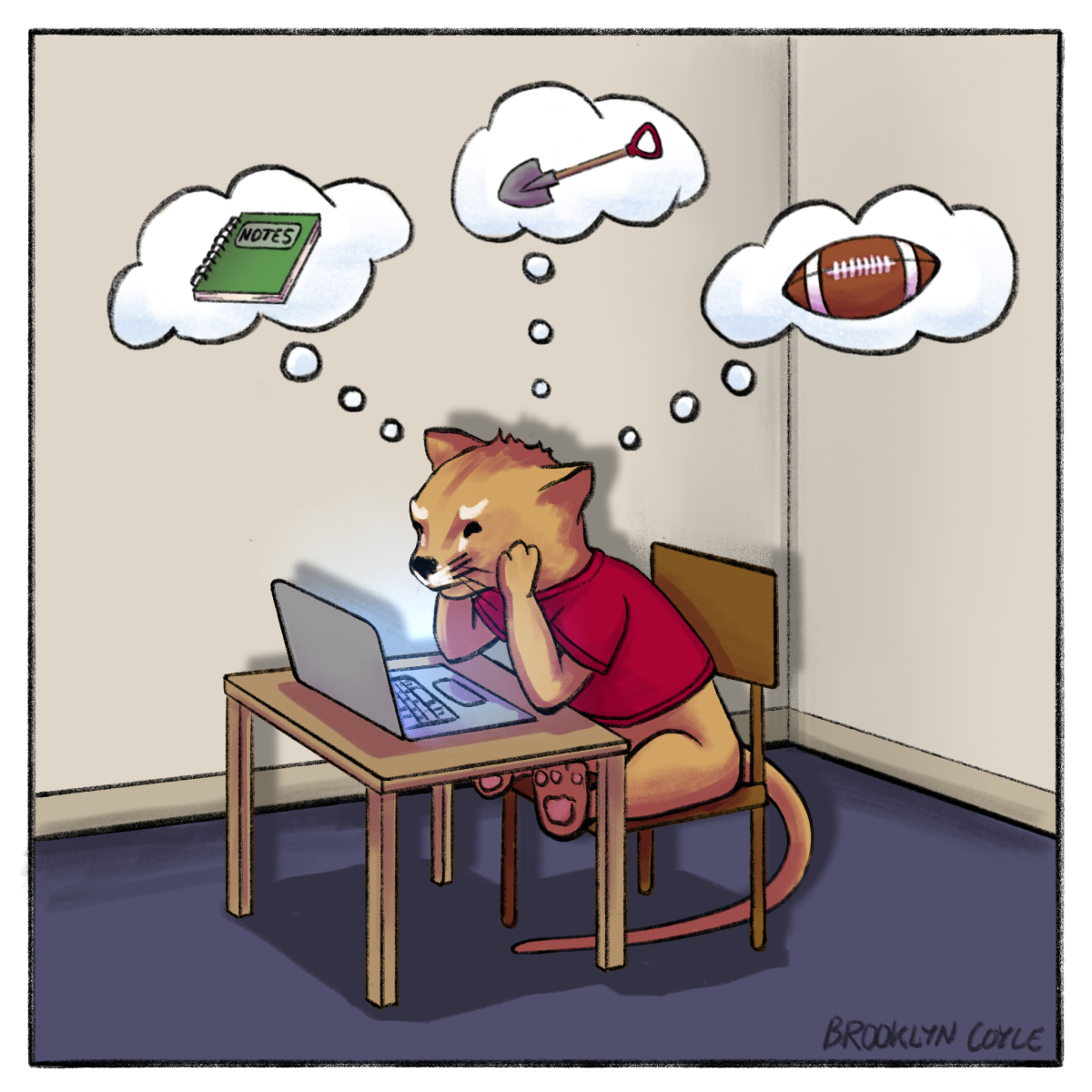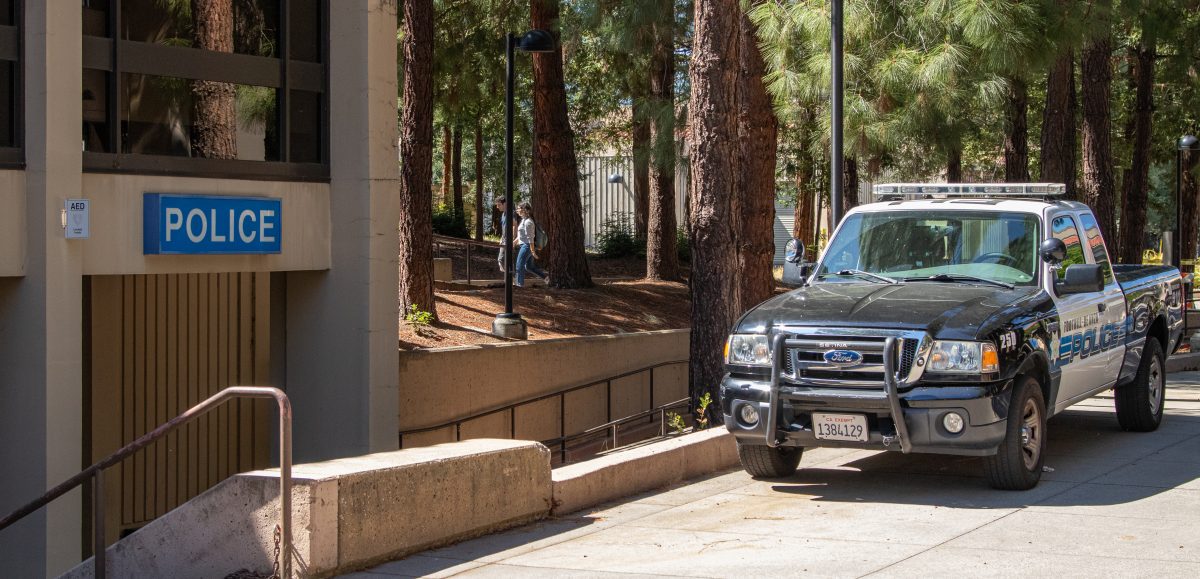As 2010 comes to a close, a new drug has hit high schools and colleges across the country. No, it is not marijuana or cocaine. In fact, 85 percent of high school students possess this drug, according to Harvard Education Letter. What is this taboo substance? It is the nation’s new epidemic among youth: cell phone use.
As recently as 2000, few would have thought hand-held devices would be almost as prevalent in schools as backpacks today. Earlier than that, it was unfathomable. In the 1960s cartoon “The Jetsons,” a robotic teacher reprimands a student for watching cartoons on his hand-held device, a wristwatch that could play video, take pictures or communicate with others. The creators of “The Jetsons” probably did not know they were foreshadowing the future four decades later, but what they thought as fantasy is now reality.
Under no circumstances should cell phone use subject a student to harsh penalties at De Anza College. After all, almost every student is over 18 years old, and a public college has no right to confiscate a non-illegal item an adult owns.
However, at certain times, a small classroom penalty for cell phone use may be justified, but a school-wide penalty would be too much. If a school was a private university, that is another story. A private school is not public funded, so students must abide by its rules, or they could choose to not attend if they do not like them.
An instructor is required to make the lesson plans and policies for the class, so it is only right he or she governs cell phones while teaching. In a public college, if students do not like a instructor’s policy, they are free to leave.
Cecilia Deck, a journalism instructor at De Anza, says she cannot stand cell phone use in class. But she believes taking away cell phones from students is too much a penalty.
“I don’t think there should be confiscation, but individual teachers should have their own policy,” Deck said.
Deck intends to remove a student from that day’s class for the first cell phone offense. Future offenses could result in grade deductions.
Although Deck should have the right to run her classroom the way she wants, I believe cell phones could play a constructive role in class. Cell phones today extend beyond “The Jetsons” creators’ vision of hand-held devices; they go beyond a means of entertainment.
With built-in calculators, access to an encyclopedia of information through the Internet and a means of recording lectures, the cell phone can exist as a tool to facilitate learning. For example, if a student suffered an injury on his or her writing hand and could not take notes, recording a lecture could prove useful in retaining the information.
Instructors should give up the fight against cell phones because students will not give them up any time soon.








